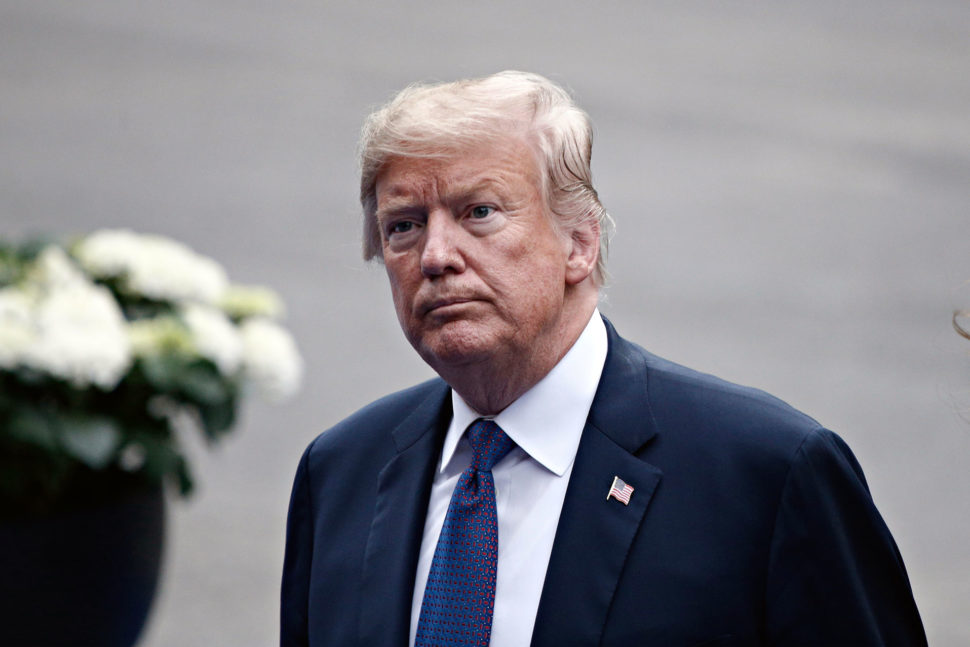Trade reforms and deals have impacts on the overall sustainability of the business sector, especially when executed at the international level. Often, trade regulations regarding exports and imports of a country bring about positive and negative impacts concerning multilateral relations and trade ties.
In some instances, such trade reforms aim at regulating competition and improving local manufacturing industries in a commercial setting.Despite the existence of beneficial trade ties between the US and other countries, some recent trade regulations have compromised the sustainability of such relations.
Some good examples of such trade deals include Trump’s “trade wars” on countries such as China, Canada, Mexico, and the European Union.
The Trump Trade Deals
On January 2018, the US President Donald Trump embarked on various trade decisions that directly influenced the sustainability of the trade ties between the United States of America and its crucial trade partners. He had a clear objective of spearheading domestic supplies by stimulating the country’s manufacturing capacities. Additionally, he hoped to discourage the over-reliance of imports from other countries.
Subsequently, the realizations of such objectives came at a cost. The president applied various tariffs on imports from different countries, with such moves receiving counter retaliations and extra tariffs from other countries.
Here are some of the tariffs that Trump enforce in 2018 and behold:
- 30% tariff on solar and washing machines imports from China on January 22
- 25% tariff on five classifications of steel imports as well as 10% on all six types of aluminum products imports as from March 1, 2018
- Tariffs of Over $60 billion for Chinese goods on March 22, 2018
- 25% tariff on $50 billion of Chinese imports related to industrially significant technologies as a means of punishing China for abuses on intellectual property rights
Retaliations from other countries:
- The European Union exercised tariffs on Levi Jeans and Bourbon that targeted approximately $3.5 billions in American imports to the EU on March 2, 2018
- China imposed tariffs on more than 128 US products targeting about $3billion worth of tariffs on April 2, 2018, among other responses from countries such as Canada and Mexico.
Effects of Such Deals to the Logistics Industry
Indeed, President Trump saw the prospective significance of imposing various tariffs on imports from other countries. Firstly, these moves strengthened the capacities of domestic manufacturers to satisfy the demand for products. Secondly, such tariffs eliminated unfair competition among corporates as they were forced to operate on fair market prices as compared to relatively lower prices of imported goods.
However, despite the benefits, such moves put capacity pressure on domestic manufacturers to satisfy the demand for products. Secondly, imposing tariffs on imports from countries such as China brought about suspicion among the two countries.
Current Situations
Amid the enactment of several trade tariffs of 2018 by the US President, many dealers of vital products such as industrial commodities faced the race against time to make imports from other countries at relatively lower costs. However, such windows of opportunities ceased to exist after the process of imposing trade tarrifs.
In recent times, trade ties between America and other countries have proven unsustainable as foreign investors have cited unfavorable investment conditions due to uncertainties of the current US administration. Subsequently, the uncertain relationships between the US and other countries may have direct impacts on the logistics industry as people may opt to domestic products due to the fear that air and water product shipping may increase the overhead cost of products.
Trade deals are significant in determining the direction of any country concerning its business operations. However, some reforms may be detrimental in the long run. For example, Trump’s trade deals aimed at discouraging imports through tariffs, a move that has altered multilateral business ties with other countries.
Significantly, such deals have changed the nation’s logistics landscape.
